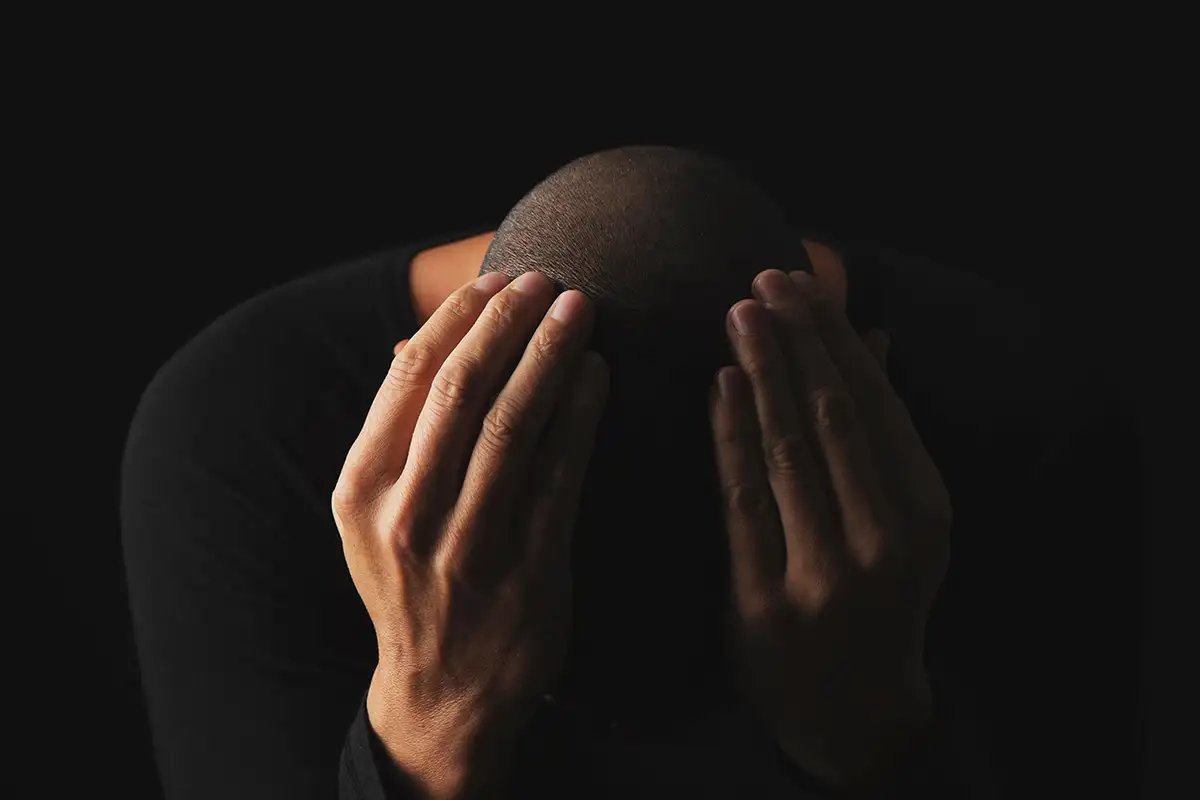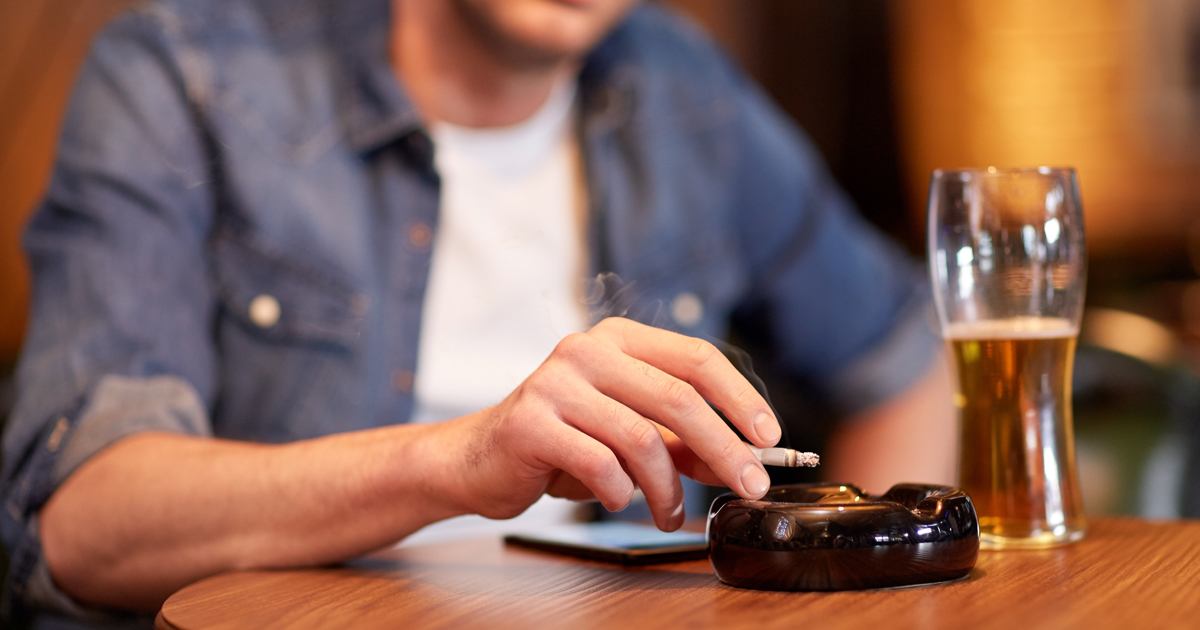7 steps that can help you cope with depression

Summary
Click here and get up to 90% discount on your next purchase
Depression is a condition that can suck the life out of anyone, leaving a person feeling helpless or vulnerable. Seeking medical help is a must for anyone battling depression. However, there are a few steps a person can also take to help reduce the effect of this condition on their life.
Here are 7 things you can do to help you cope with depression.
Read 8 signs of depression you must not overlook

Exercise
Engaging in physical activities such as exercising is one of the most effective ways to combat an episode of depression. Simple activities such as going for a walk, skipping rope or jogging are highly recommended by mental health experts for people going through depression.
The energy boost you receive as you exercise not only affects your physical condition but your mental state as well. So the next time you are feeling down, try resisting the urge to curl up in bed and instead go on a walk or engage in another form of exercise.
Focus on your hobbies
Depression is a mood killer that can make you lose interest in so many everyday activities. However, doing something you truly enjoy or find interesting is very likely to affect your mood positively. Spend some time engaging in an activity you enjoy, be it listening to music, watching movies or reading a book.
If it is something you are truly a fan of, the chances of you getting a positive shift in your mood once you start doing these activities is very high.
Read Effective ways to avoid stress eating during a lockdown

Spend time with loved ones
Surrounding yourself with people you love is as effective as engaging in your hobbies when it comes to battling depression. Isolation is one of the biggest triggers of depression, so it is important to spend quality time with the people you love when you are feeling depressed.
Any form of interaction be it physical or virtual with your close family and trusted friends can go a long way in making you feel good about yourself during a time of mental difficulty. It can be very helpful to open up to the people close to you about your mental challenges.
Get enough sleep
Sleep deprivation can lead to an increase in the symptoms of depression. Research has shown that constantly failing to get adequate sleep negatively affects our mental state. Try getting the right amount of sleep daily, as this will also keep your brain sharp, and also boost your physical energy.
Read 6 ways to handle your frustrations

Cut down on drugs or alcohol intake
Excessive use of alcohol and other recreational drugs can lead to an increase in depression symptoms. Addicts are more susceptible to the negative effects these substances can have on the mental health of the user. Reducing your consumption of these products can help reduce the symptoms of depression.
Set targets you can easily achieve
It is easy to feel overwhelmed when faced with a daunting to-do list. This can have an adverse effect on your state of mind especially when you feel you are nowhere near completing the assigned tasks. Setting attainable goals will help eliminate the pressure that comes with trying to complete highly improbable objectives.
Focusing on completing one simple task at a time will help keep you mentally balanced, and also help boost your confidence level.
Read 9 practical ways to help you stop procrastinating

Reward yourself
One simple step that can help you get out of a depressed mood is celebrating your little successes so far. Making time to give yourself a little treat anytime you take a step forward, either in your personal or professional life helps to lift your spirit and put you in a good mood.
It also serves as a reminder that you are making some positive strides in life, and that’s very important for anyone dealing with depression.




Comments